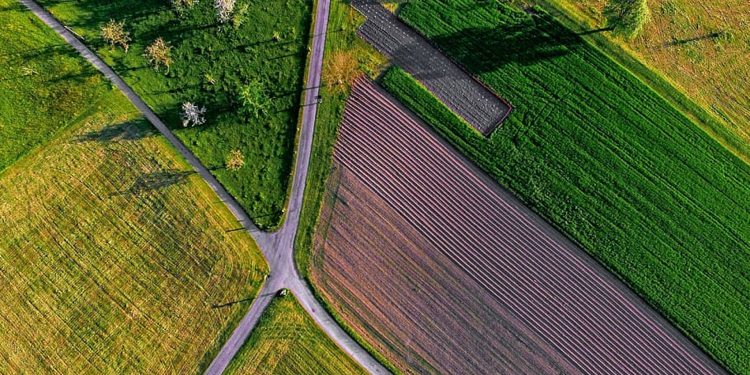Organic farming has become an essential practice in modern agriculture, focusing on environmental sustainability and health. By avoiding synthetic chemicals and genetically modified seeds, organic farming increases soil fertility and biodiversity, leading to healthier crop growth. This article examines the basic principles of organic farming and highlights its benefits, supported by the latest evidence and research.
Key principles of organic farming
Selecting a Site: Selecting a suitable location for organic farming is critical. The site must be free from sources of air pollution, have good soil tillage, no prohibited substances, and no toxic heavy metals for at least 36 months.
Fertilizer application methods. Organic farming relies on natural and ecological methods to create healthy, fertile soil. Suitable fertilizers include organic compost, green manure, mineral fertilizers, and manufacturer-approved pure organic and bio-organic fertilizers.
Organic Growing Environment: Maintaining the natural ecological balance is vital. This includes avoiding illegal substances, maintaining natural enemy habitat, allowing some weed growth, and integrating animals such as bees, geese and ducks to increase soil organic matter and beneficial microorganisms.
Weed control: Weeds are controlled manually, completely avoiding chemical herbicides. This labor-intensive approach ensures the integrity of organic crops.
Pest and disease control: uses a combination of biological, physical and chemical methods. For example, natural predators, sticky traps, and biological pesticides are used to control pests and ensure crop health.
Soilless Growing: An alternative to traditional soil farming, soilless growing uses substrates such as coir, vermiculite and perlite with nutrient solutions to provide an optimal environment for plant growth.
Harvesting and Storage: The crop is harvested at suitable maturity to avoid damage and maintain quality. Proper cleaning and storage methods are used to ensure freshness and flavor.
Latest data and benefits
According to a 2023 report by the UN Food and Agriculture Organization (FAO), organic agriculture is experiencing steady growth worldwide. In 2022, the area of organic agricultural land increased by 3.1%, reaching 72.3 million hectares worldwide. This growth is driven by growing consumer demand for organic products and increased awareness of sustainable farming practices.
Organic farming has many benefits:
Environment protection. By avoiding synthetic chemicals, organic farming reduces pollution and preserves water and soil quality.
Improved Biodiversity: Organic farms support a greater diversity of plant and animal species, helping to create a more resilient ecosystem.
Soil Fertility: Organic practices improve soil structure and fertility, increasing its ability to hold nutrients and water.
Healthier produce: Organic crops contain no synthetic pesticides or fertilizers, offering safer and potentially more nutritious food.
A study published in the journal Agronomy (2022) found that organic farming practices significantly increase soil organic carbon and microbial biomass, helping to improve soil health and crop yields. Another research paper published in the journal Nature Sustainability (2023) reports that organic farming systems can achieve yields comparable to conventional systems while using 45% less energy and emitting 40% fewer greenhouse gases.
Organic farming is a viable and sustainable approach to agriculture, offering numerous environmental and health benefits. By using organic methods, farmers can increase crop yields and quality while protecting natural resources. As consumer demand for organic products continues to grow, expanding organic farming practices will be critical to achieving sustainable and healthy diets.































